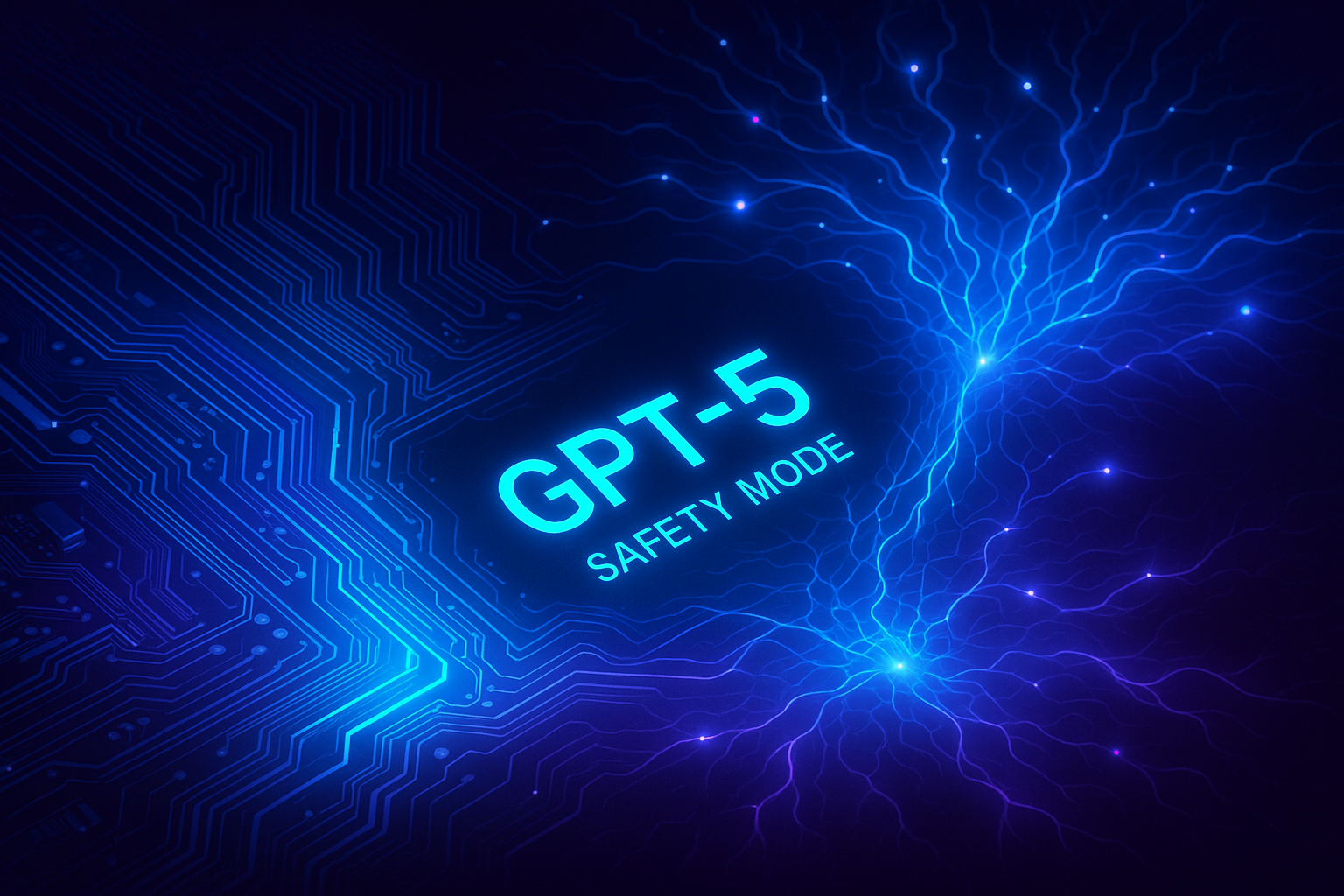Could a single AI breakthrough reshape global markets?
OpenAI has officially set summer 2025 as the target release date for GPT-5, promising unprecedented advancements in artificial intelligence with a strong focus on safety and ethical alignment. But beyond the buzzwords, investors are wondering: will GPT-5 meaningfully impact stock markets—or is this another fleeting AI hype?
What Sets GPT-5 Apart?
GPT-5 is not merely an incremental improvement—it represents OpenAI's boldest attempt yet at merging conversational AI with advanced coding and analytical capabilities. CEO Sam Altman emphasized the importance of safety, stating clearly that GPT-5 will only launch when rigorous internal standards are fully satisfied. Unlike previous launches, OpenAI has explicitly avoided new fundraising rounds for this iteration, underscoring their dedication to a thoughtful, stability-focused rollout.
Market Response: Enthusiasm or Skepticism?
Historically, significant AI releases like GPT-4 spurred initial excitement but did not sustain long-term market shifts. Currently, Wall Street remains cautious, with major indices remaining largely unaffected by the GPT-5 announcement. Analysts argue that tangible financial impacts require actual adoption and clear monetization paths—not just futuristic presentations.
Who Stands to Gain?
While the broader market response remains subdued, specific sectors are poised to benefit significantly:
- Semiconductors and AI Hardware: Companies like Nvidia and AMD are positioned strongly, given the anticipated surge in demand for powerful GPUs and AI hardware.
- Cloud Infrastructure Providers: Microsoft, Google, and Amazon could capitalize on increased cloud computing needs and AI integration.
- Cybersecurity Firms: Increased sophistication in AI could drive greater cybersecurity spending, benefiting leaders like CrowdStrike and Palo Alto Networks.
Risks and Challenges
However, potential investors must also weigh significant risks:
- Regulatory Hurdles: Increased regulatory scrutiny in the U.S. and EU could delay deployments.
- High Costs and Margin Pressure: Investments required in massive compute infrastructure might put short-term pressure on profitability for cloud providers and associated tech companies.
Strategic Investment Considerations
Investors interested in the AI boom triggered by GPT-5 should consider strategic approaches:
- Short-term: Focus on infrastructure providers like Nvidia and AMD.
- Mid-term: Diversify through AI-focused ETFs to manage risks.
- Long-term: Monitor emerging sectors like AI-powered education, healthcare, and cybersecurity for sustainable growth.
A Future Powered by GPT-5
Imagine a financial world where GPT-5 agents autonomously manage portfolios, forecast economic trends, and even interact directly with investors. The boundaries between traditional finance and AI-driven decision-making could blur significantly, creating entirely new market dynamics. Early movers investing in foundational technologies could be the winners of the next financial era.
As the summer release of GPT-5 approaches, the wise investor will carefully balance excitement with prudence, positioning themselves strategically for a future increasingly shaped by artificial intelligence.
Ready to adapt your strategy for the GPT-5 era? Share your thoughts and investment strategies below. The future is now—make sure you're part of it.
Disclaimer: This article is informational and does not constitute financial advice.







